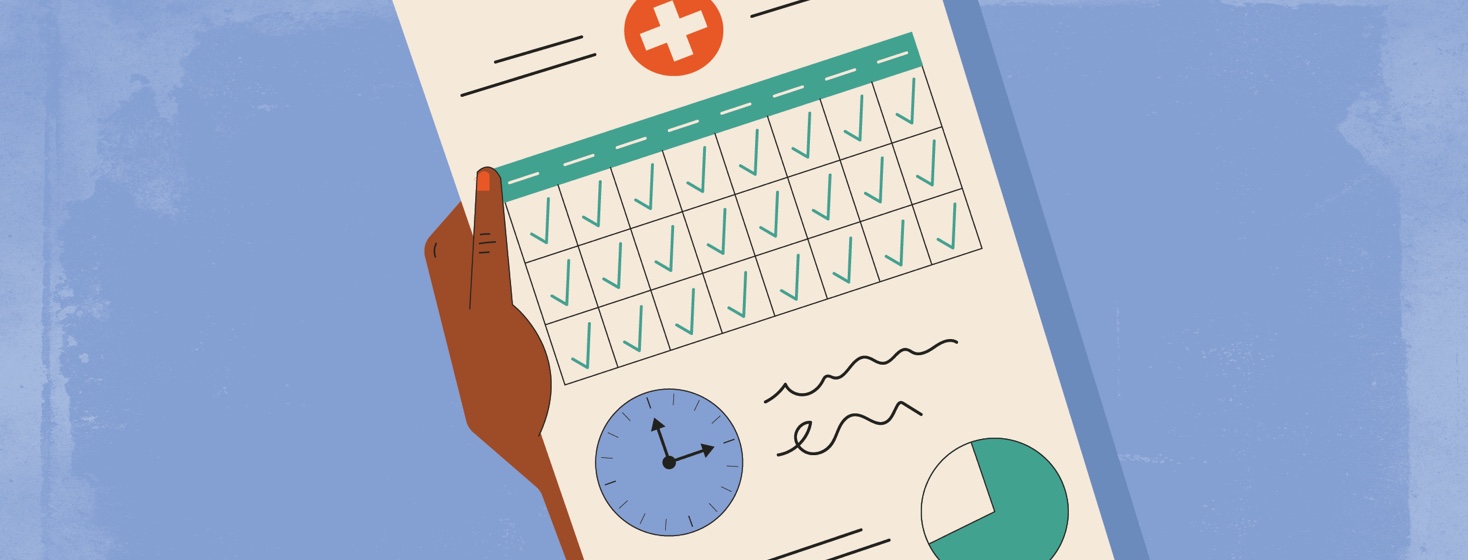What Is CPAP Compliance?
I’m sure the word "compliance" was brought up several times during your continuous positive airway pressure (CPAP) machine setup, and you may have received calls to make sure you are compliant. Being compliant is important to get the full benefit of therapy.
What you may not realize is that your insurance company may require compliance, as well as government agencies such as Medicare, DOT (Department of Transportation), or the FAA (Federal Aviation Administration).
How many hours do I need to be compliant?
Most healthcare professionals want to see a full night's sleep using your CPAP. In the beginning, you may think that is impossible, but I’m here to tell you that if I can go from 15 minutes to 8 hours wearing mine, so can you! Medicare guidelines call for at least 4 hours per night on 70 percent of nights during a consecutive 30 days.1
Why is CPAP compliance important?
Being compliant is crucial to a good night's sleep and feeling better. Remember, you are either stopping breathing or coming close to stopping breathing while you sleep, and using a CPAP is what is going to help prevent that. There are a number of health risks associated with not using a CPAP, such as heart attack and stroke.
That is the reason I wear my CPAP – to keep my heart healthy, along with getting a good night's sleep. It will take time, but your CPAP is going to be your new best friend!
Why the requirements?
You may be wondering, why the requirements? Well, your insurance company is not going to want to pay for something you are not using. As a result, many of them require a CPAP compliance report from your machine to ensure that you are meeting the requirements. If you are not compliant, some companies will go as far as having you return your machine.
As for the DOT and FAA, well that's simple...safety! Would you want a truck driver going 65 mph down the highway and falling asleep? Or having your pilot take a nap while in the air? No, I don’t think so. So the agencies require them to show proof that they are compliant with a compliance report from their machine. This is usually done at their annual physicals.
How to become compliant
Not compliant yet? Put your CPAP on and read a book in bed, or during the day while watching TV. Getting acclimated to the mask is so important to therapy.
Remember, it is an adjustment to have something on your face, let alone having air blowing at you. If you are like me and are sensitive to sound, I recommend playing classical music to help distract the sound of your breathing.
My biggest tip
My biggest tip is this: Wear your CPAP as long as you can, take it off, put it back on the next night, and wear it longer. Skipping nights will not help you get used to the therapy, and having 0 hours will make a negative impact on that 70 percent on your compliance report. The other issue is if you lay awake all night to get your hours in, you can become frustrated and exhausted. I have found that the people who do that are most likely to give up on therapy.
The beginning is the hardest part. It’s hard to get acclimated to a new therapy. But I will tell you I wish I had started my CPAP therapy years ago. I would have saved myself many exhausted days. If you find yourself struggling to become compliant, reach out to your doctor or homeware company.
What has been your experience with CPAP compliance? Does your insurance require it? Share with the community in the comments below.

Join the conversation